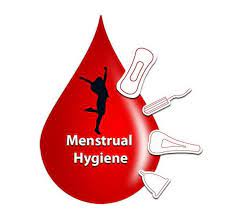
Menstruation is a natural part of the reproductive cycle that most people with female reproductive systems experience. It involves the shedding of the uterine lining, and it typically occurs monthly from puberty until menopause, which usually happens around the age of 45-55. Here is some information on the menstrual cycle, common menstrual problems, and tips for managing them:
It’s essential to remember that every person’s menstrual cycle is unique, and what’s normal for one person may not be the same for another. If you have concerns about your menstrual health or experience severe symptoms, it’s always a good idea to seek medical advice. Your healthcare provider can offer guidance and treatment options tailored to your specific needs.
WhatsApp us